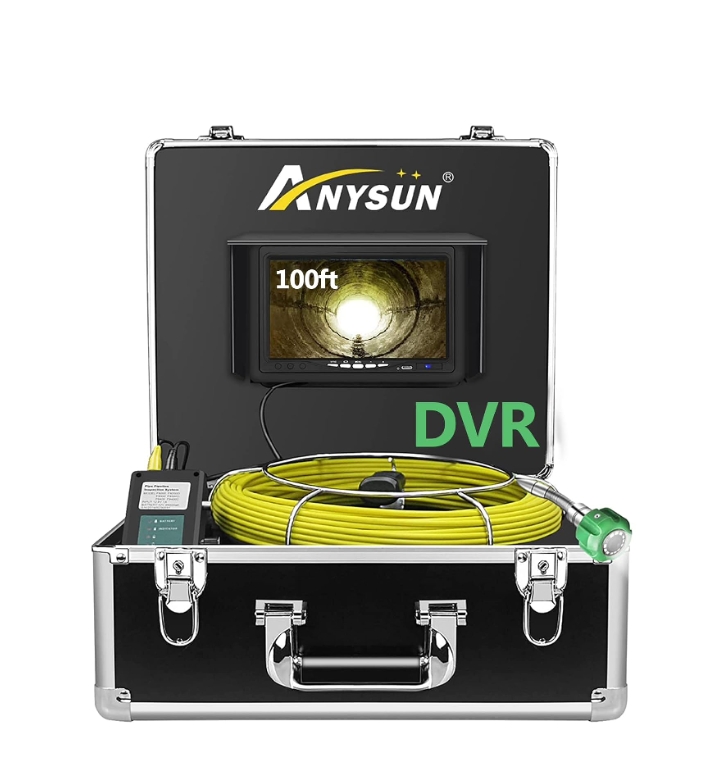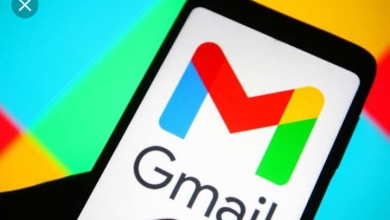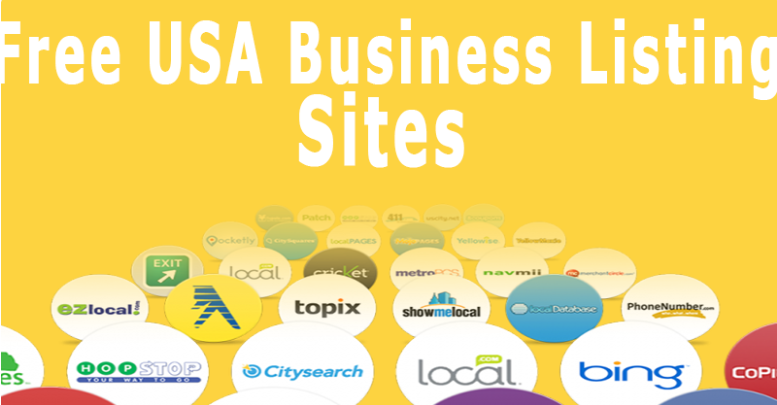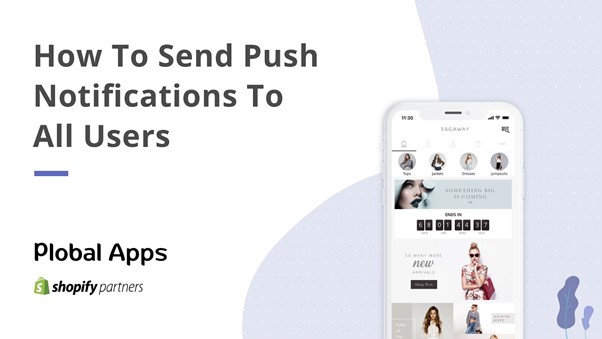A Beginner’s Guide to Google Ads: Getting Started with PPC Advertising
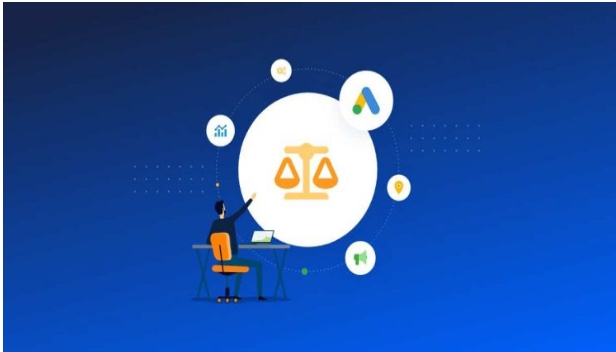
Introduction
In today’s digital landscape, online advertising has become an integral part of promoting businesses. Among the myriad of platforms available, Google Ads stands out as one of the most effective tools for Pay-Per-Click (PPC) advertising. This comprehensive guide is tailored to beginners, aiming to provide a clear understanding of Google Ads and how to initiate a successful PPC advertising campaign. We’ll also seek insights from a Google Ads specialist to ensure you start on the right path.
What Are Google Ads?
Google Ads, formerly known as Google AdWords, is a powerful online advertising platform developed by Google. It allows businesses to create and display ads on various Google properties, such as the Google search engine, YouTube, Gmail, and Google Display Network. The core concept is simple: advertisers pay each time their ad is clicked. This makes it an attractive choice for businesses of all sizes, as you have control over your budget and can precisely target your audience.
Why Choose Google Ads?
Before delving into the specifics, it’s essential to understand why Google Ads is an appealing choice for online advertising. A Google Ads specialist will tell you that the platform offers a vast reach, precise targeting, and the ability to measure and optimize your campaigns. With Google Ads, you have the power to reach potential customers at the very moment they are searching for products or services related to your business.
Setting Up Your Google Ads Account
Your journey with Google Ads starts with setting up an account. Visit the Google Ads website and click on the “Start Now” button. You’ll need to provide basic information about your business, including its name, website, and contact information. Once you’ve created an account, you’ll be prompted to create your first campaign.
Keyword Research: The Backbone of PPC
Understanding keywords is fundamental in Google Ads. Keywords are the words or phrases that trigger your ads when users search on Google. A Google Ads specialist emphasizes the importance of thorough keyword research. Tools like the Google Ads Keyword Planner can help you identify relevant keywords for your campaign. Choose keywords that closely relate to your business and the products or services you offer.
Creating Your First Campaign
Now that you have your keywords, it’s time to structure your first campaign. A campaign is the top-level of your Google Ads account, and it contains one or more ad groups. Your Google Ads Specialist will guide you on structuring your campaign and ad groups effectively. Each ad group should focus on a specific theme or set of keywords to ensure that your ads are highly relevant to what users are searching for.
Crafting Effective Ads
Writing compelling ad copy is essential in Google Ads. Your ad should be clear, concise, and appealing. A well-structured ad includes:
- A captivating headline
- Descriptive ad text highlighting your unique selling points
- A clear call to action (CTA)
Use keywords naturally within your ad text, and consider including ad extensions to provide additional information to users, such as your business location or phone number.
Setting a Budget and Bidding Strategy
Before your ads go live, you’ll need to determine your daily budget. Your daily budget is the maximum amount you’re willing to spend each day on your campaign. Additionally, you’ll need to choose a bidding strategy, which determines how you’ll pay for users interacting with your ads. Google Ads offers various bidding strategies, including manual bidding and automated bidding, which a Google Ads specialist can help you select based on your campaign goals.
Monitoring and Optimization
Once your campaign is running, it’s essential to monitor its performance. The Google Ads dashboard provides a wealth of information, including click-through rates, conversion rates, ad positions, and more. Regularly analyze this data to understand how your campaign is performing and make data-driven decisions. Optimization may involve adjusting your ad copy, modifying keyword bids, or refining your targeting to improve results continually.
Conclusion
Google Ads is a dynamic and robust platform that can drive significant results for your business. By following the steps outlined in this beginner’s guide and seeking guidance from a Google Ads specialist, you can set up and manage your PPC advertising campaigns effectively. With practice and ongoing optimization, you’ll harness the full potential of Google Ads and watch your business thrive in the competitive world of online advertising. So, take the first step, create your Google Ads account, and start reaching potential customers today.
Read Also : A Beginner’s Guide to Google Ads: Getting Started with PPC Advertising

